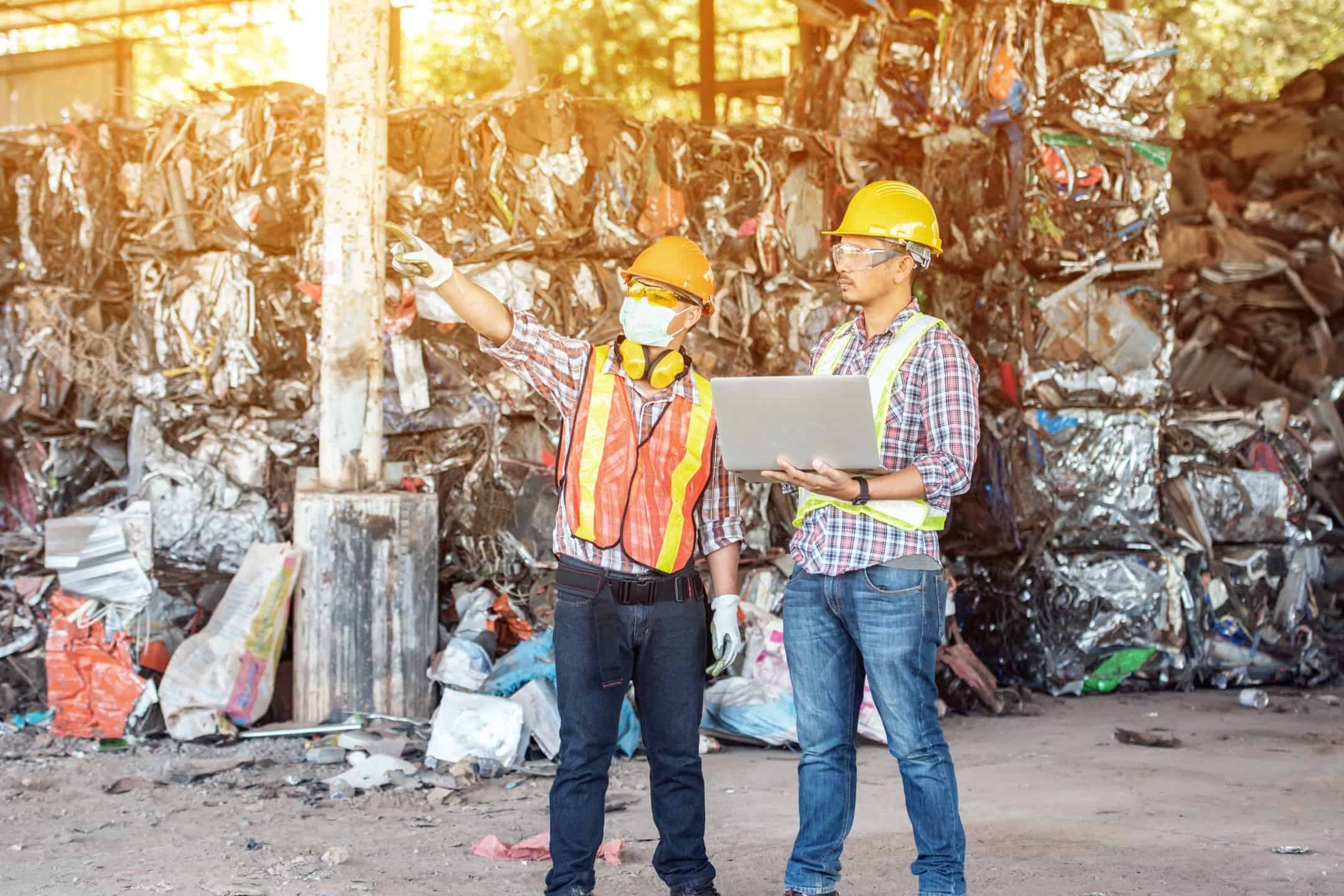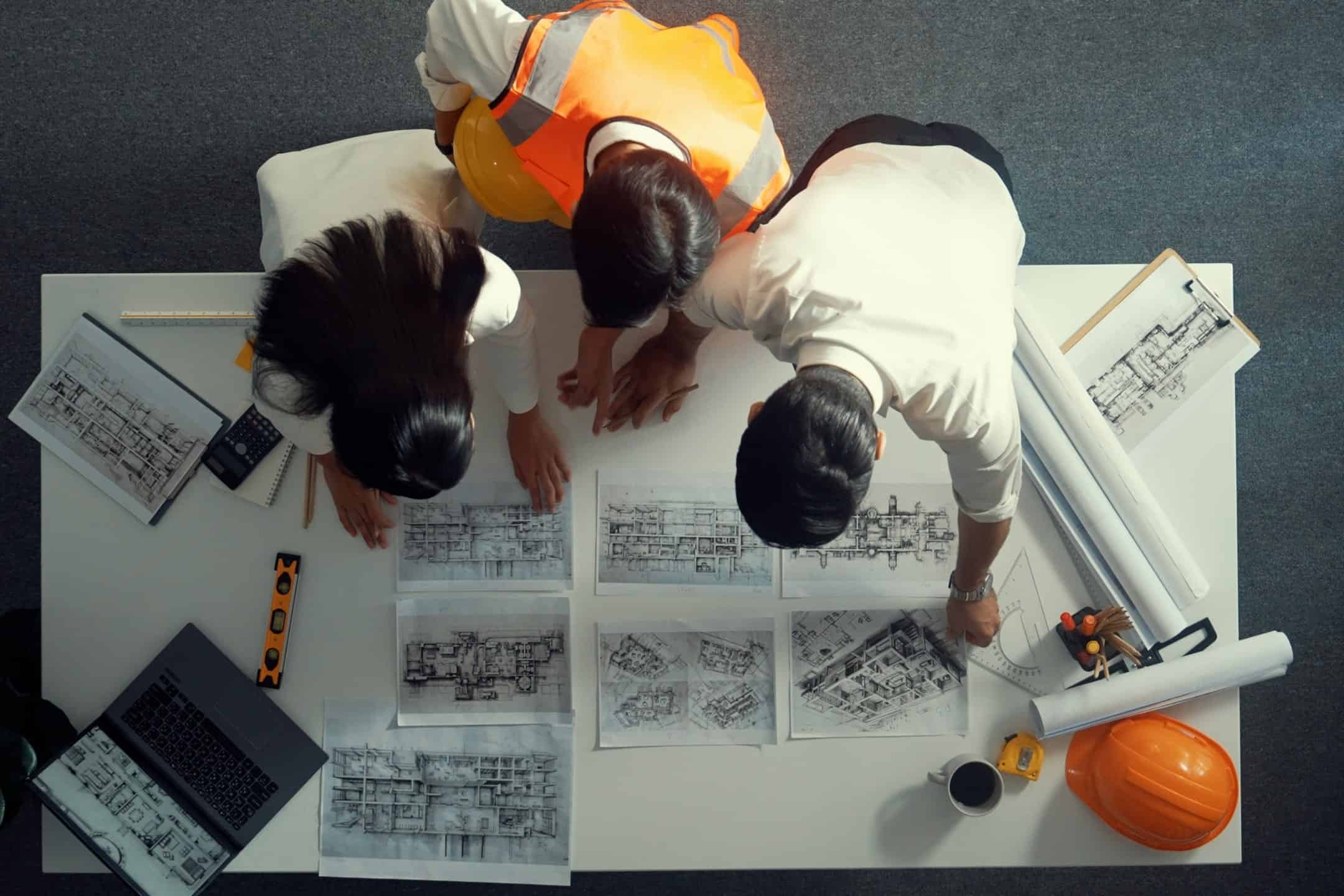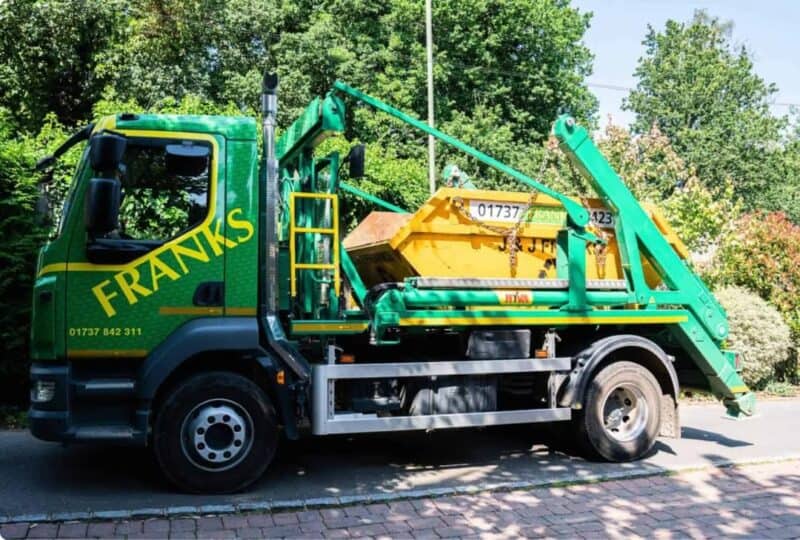Creating an effective waste management plan is crucial for any construction project. It ensures that waste is handled efficiently, reduces environmental impact, and helps meet regulatory requirements. A well structured waste management plan outlines how waste will be managed throughout the project lifecycle, from planning and execution to disposal and recycling.
Understanding Waste Management Plans
A waste management plan is a document that outlines the strategies and methods for managing waste generated by a construction project. It includes details on how different types of waste will be identified, collected, stored, transported, and disposed of, as well as measures for minimising waste production and maximising recycling efforts.
The Importance of a Waste Management Plan
Implementing a waste management plan has numerous benefits. It helps reduce the environmental impact of construction activities by promoting recycling and proper disposal methods. It also ensures compliance with local and national regulations, avoiding potential fines and legal issues. Additionally, a well executed plan can lead to cost savings by reducing waste disposal fees and recycling valuable materials.

Key Components of a Waste Management Plan
- Waste Assessment: Begin with a thorough assessment of the types and quantities of waste expected to be generated during the project. This includes materials such as concrete, wood, metals, and hazardous substances. Understanding the waste profile helps in planning appropriate disposal and recycling methods.
- Waste Reduction Strategies: Identify opportunities to reduce waste at the source. This can involve optimising material usage, selecting suppliers with sustainable practices, and reusing materials whenever possible. Implementing waste reduction measures not only benefits the environment but also reduces overall project costs.
- Segregation and Collection: Develop a system for segregating different types of waste on-site. Provide clearly labelled bins and containers for recyclable materials, hazardous waste, and general waste. Training workers on proper waste segregation practices is essential to ensure compliance.
- Storage and Handling: Plan for safe and efficient storage of waste materials on-site. This includes providing adequate space for waste containers and ensuring they are regularly emptied to prevent overflow. Proper handling procedures should be in place to minimise risks to health and safety.
- Transportation and Disposal: Outline the methods for transporting waste from the construction site to disposal or recycling facilities. Choose licensed waste carriers and ensure compliance with transportation regulations. Specify the disposal methods for different types of waste, prioritising recycling and environmentally friendly options.
- Monitoring and Reporting: Establish a system for monitoring waste management activities throughout the project. Regularly review and update the waste management plan as needed. Keep detailed records of waste quantities, disposal methods, and recycling efforts to demonstrate compliance and track progress.
Benefits of Effective Waste Management
An effective waste management plan offers several advantages. It promotes sustainability by reducing the amount of waste sent to landfills and conserving natural resources through recycling. It also enhances the reputation of the construction company by demonstrating a commitment to environmental responsibility. Additionally, efficient waste management can lead to cost savings by minimising disposal fees.
Challenges in Waste Management and How to Overcome Them
Managing waste in construction projects can be challenging due to the diverse types of waste and the scale of operations. Common challenges include ensuring proper waste segregation, managing hazardous waste, and maintaining compliance with regulations. To overcome these challenges, construction companies can partner with experienced waste management providers like us at J&J Franks. Our expertise in waste management and recycling, combined with our facilities, ensures that waste is handled efficiently and in compliance with all regulations.
A thorough waste management plan is essential for the success of any construction project. By assessing waste types, implementing reduction strategies, ensuring proper segregation and disposal, and continuously monitoring progress, construction companies can effectively manage waste, reduce environmental impact, and achieve regulatory compliance. We are committed to providing expert waste management solutions, and helping construction projects achieve their sustainability goals.
For more information on how we can assist with waste management planning and services, contact our team of experts today.









